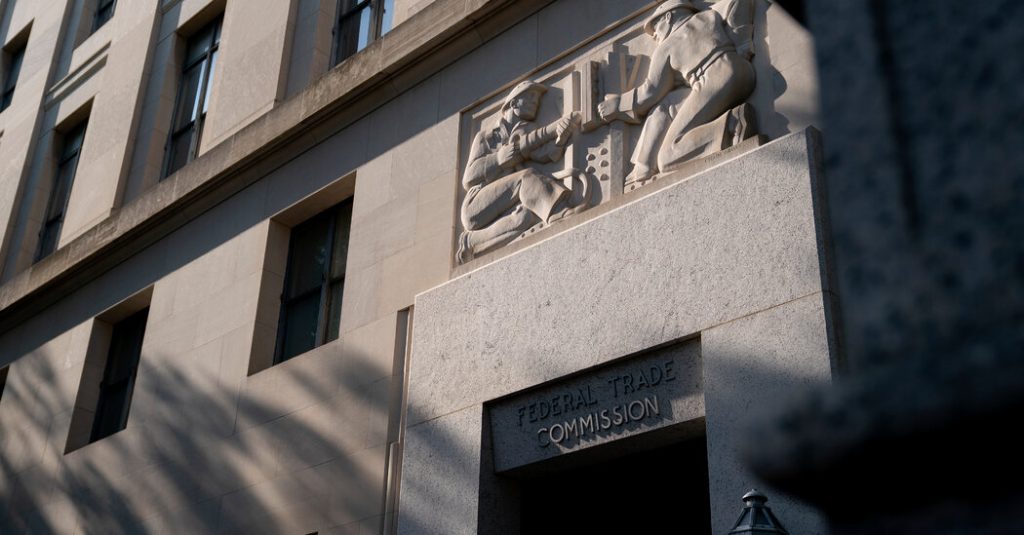Analyzing the Impacts of the Proposed FTC Ban on Noncompete Agreements
The debate surrounding noncompete agreements has escalated with the Federal Trade Commission’s (FTC) recent initiative to impose a near-total ban on these agreements. This move aims to enhance worker mobility and fuel economic growth but has met significant resistance and legal challenges. This article delves into various facets of this contentious issue, examining the rationale behind the FTC’s decision, the legal obstacles it faces, the potential economic impact, and the evolving landscape of worker mobility and employment agreements.
The Rationale Behind the FTC’s Initiative
Promoting Worker Mobility and Economic Growth
The FTC argues that noncompete agreements hinder workers from moving freely among jobs within their industry, significantly dampening their earning potential and stifling overall economic productivity. By some estimates, around one in five American workers is bound by such agreements, affecting approximately 30 million individuals. The FTC’s proposed rule is anticipated to boost workers’ earnings by at least $400 billion over the next decade, signaling a substantial shift towards enhancing labor market dynamics and economic efficiency.
Legal and Constitutional Challenges
However, the FTC’s authority to enforce this sweeping ban has been questioned. Several plaintiffs, including prominent business groups like the US Chamber of Commerce and Ryan LLC, have initiated legal challenges, arguing that the FTC oversteps its constitutional and statutory limits. A noteworthy injunction by Judge Ada Brown of the U.S. District Court for the Northern District of Texas has further complicated the FTC’s path, highlighting the contentious debate over the agency’s rule-making authority concerning unfair methods of competition.
Economic Implications of Banning Noncompete Agreements
Benefits for Workers and the Economy
- Increased Earnings: Eliminating noncompete agreements could result in a significant uplift in workers’ earnings.
- Enhanced Productivity: Free movement of labor within industries is likely to place workers in roles where their skills are most valued, leading to increased overall productivity.
Concerns from the Business Perspective
- Protection of Trade Secrets: Businesses argue that noncompetes are crucial for safeguarding trade secrets and proprietary knowledge.
- Investment in Training: Employers are concerned about recovering investments in employee training if workers can easily move to competing firms.
Despite these concerns, alternative measures such as narrowly tailored nondisclosure agreements and training repayment agreement provisions (TRAPs) are being recommended to protect business interests without unduly restricting worker mobility.
The Evolving Landscape of Worker Mobility and Employment Agreements
Federal and State Initiatives Against Restrictive Covenants
The FTC’s move is part of a broader government effort targeting anticompetitive practices that limit worker mobility. Other federal bodies like the National Labor Relations Board and state legislatures have taken steps against noncompete clauses and other restrictive employment agreements, underscoring a growing trend toward promoting labor market dynamism.
Examples from State Legislation
States like Minnesota, California, Oklahoma, and North Dakota have already enacted laws banning or drastically limiting noncompete agreements. These legislative actions align with the growing recognition of the importance of worker mobility for innovation and economic growth.
FAQs on the FTC’s Proposed Noncompete Ban
Q: What is the main goal of the FTC’s proposed ban on noncompete agreements?
A: The FTC aims to enhance worker mobility and stimulate economic growth by eliminating restrictions that prevent employees from moving freely among jobs within their industry.
Q: What legal challenges is the FTC facing regarding the noncompete ban?
A: The FTC is contending with lawsuits arguing that it lacks the authority to enact such a ban, with critics saying the move exceeds the agency’s constitutional and statutory boundaries.
Q: How might banning noncompete agreements affect workers and businesses?
A: The ban could significantly increase workers’ earnings and job mobility while posing challenges for businesses in protecting their trade secrets and investments in employee training. Companies may need to explore alternative agreements to safeguard their interests.
Q: What is the current status of the FTC’s proposed rule?
A: The rule faces legal challenges, and its enforcement is uncertain. A federal judge has already issued an injunction against the ban for certain plaintiffs, with a final decision expected soon.
Conclusion
The FTC’s proposed ban on noncompete agreements represents a pivotal moment in the ongoing discussion about worker mobility, economic growth, and the balance between protecting business interests and fostering a dynamic labor market. While the initiative promises significant benefits for workers and the broader economy, it faces substantial legal hurdles and opposition from the business community. As the situation evolves, the outcome of this debate will have far-reaching implications for employment practices, worker rights, and economic policy in the United States.
